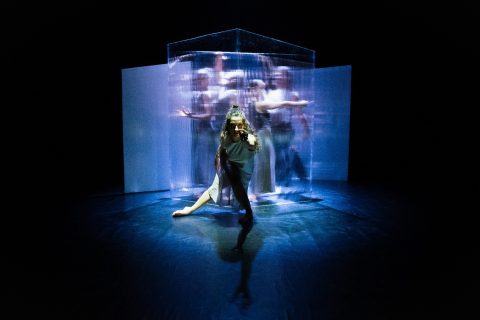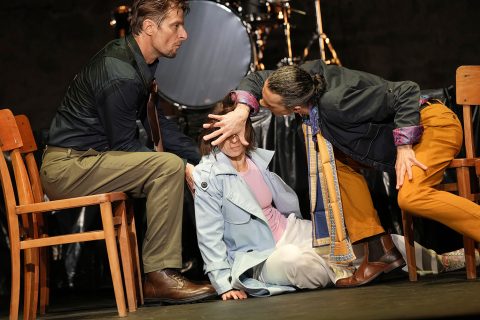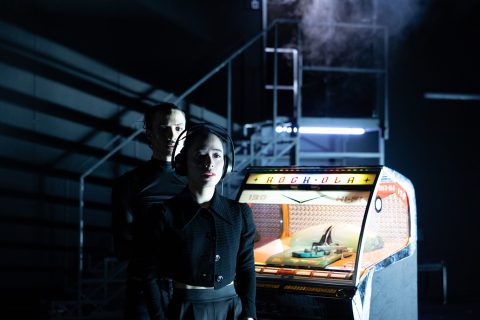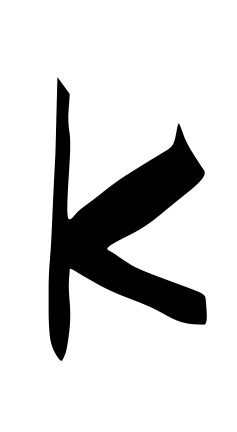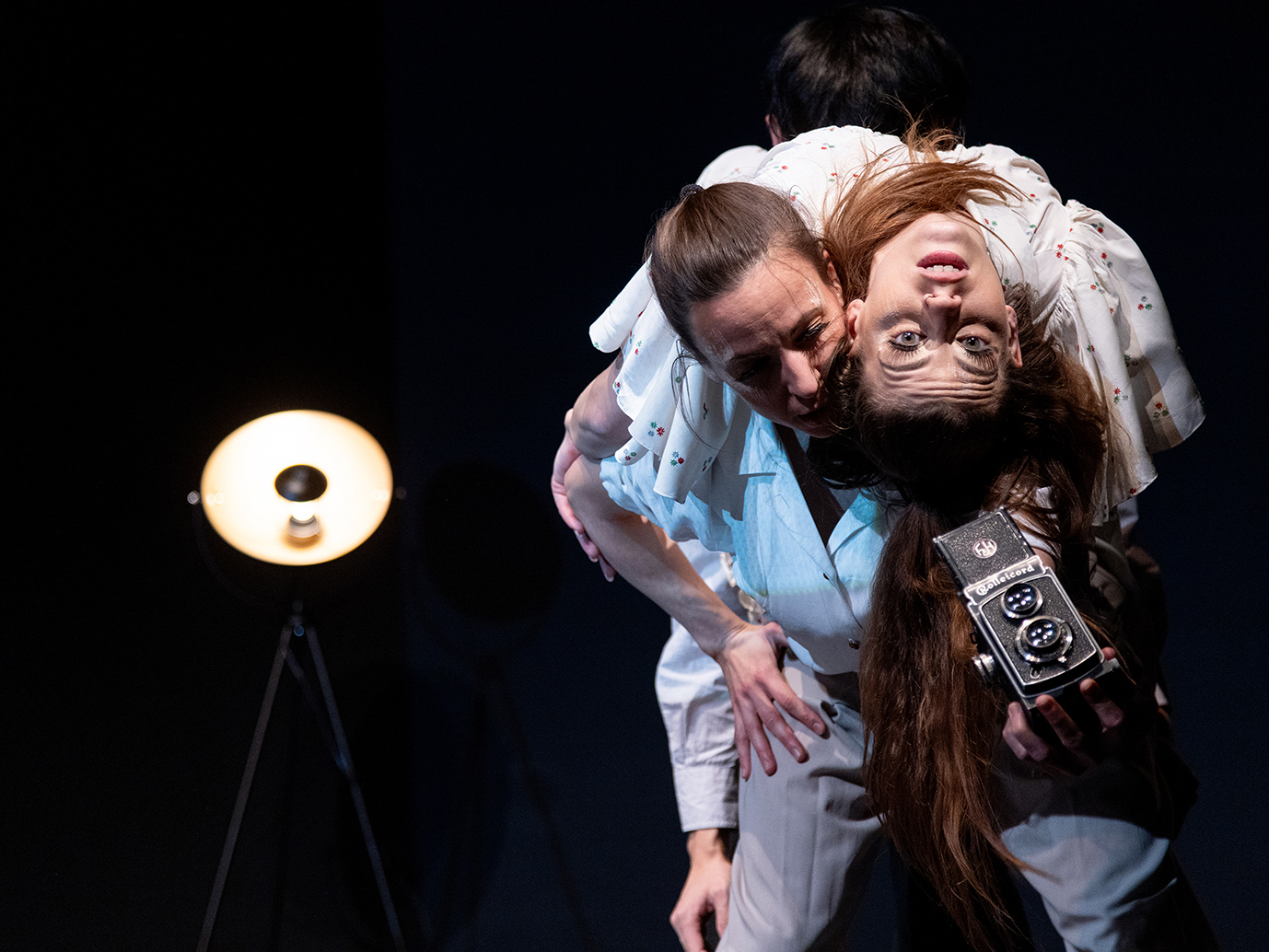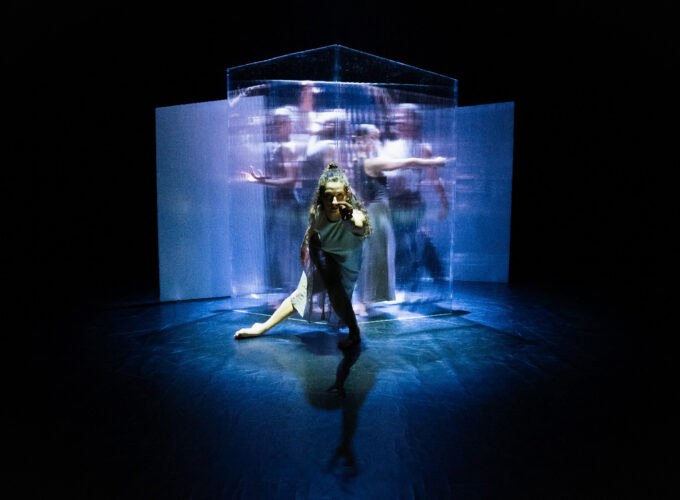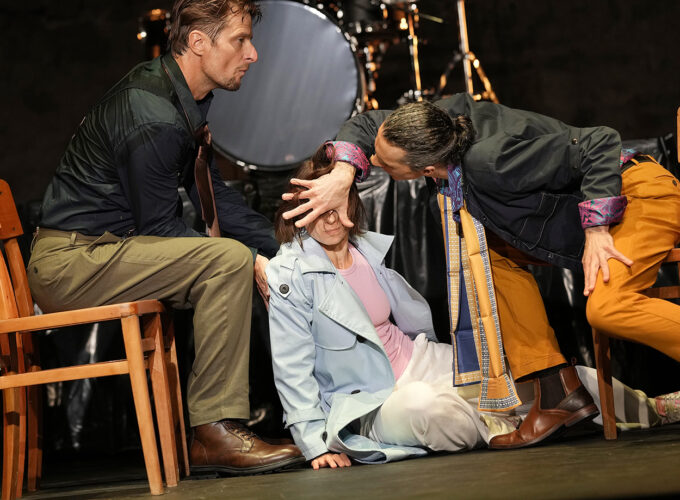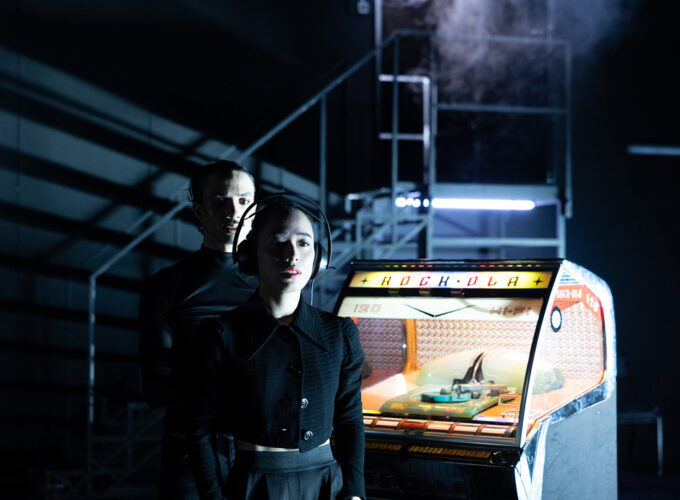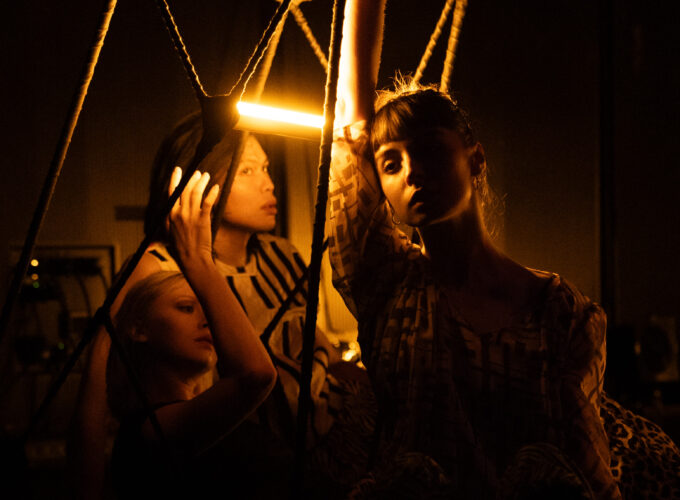Picasso – Dora Maar, Das Pferd Und Der Stier
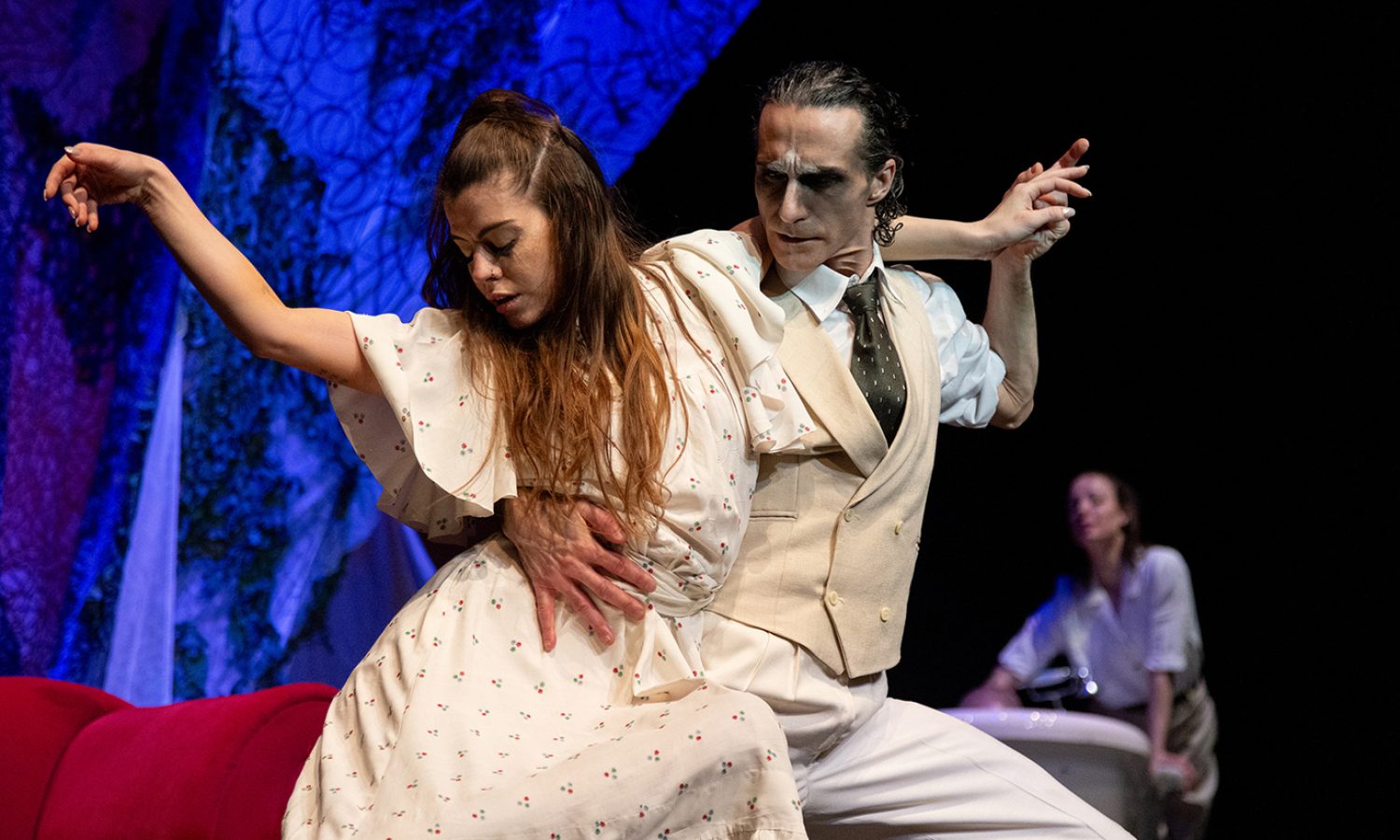
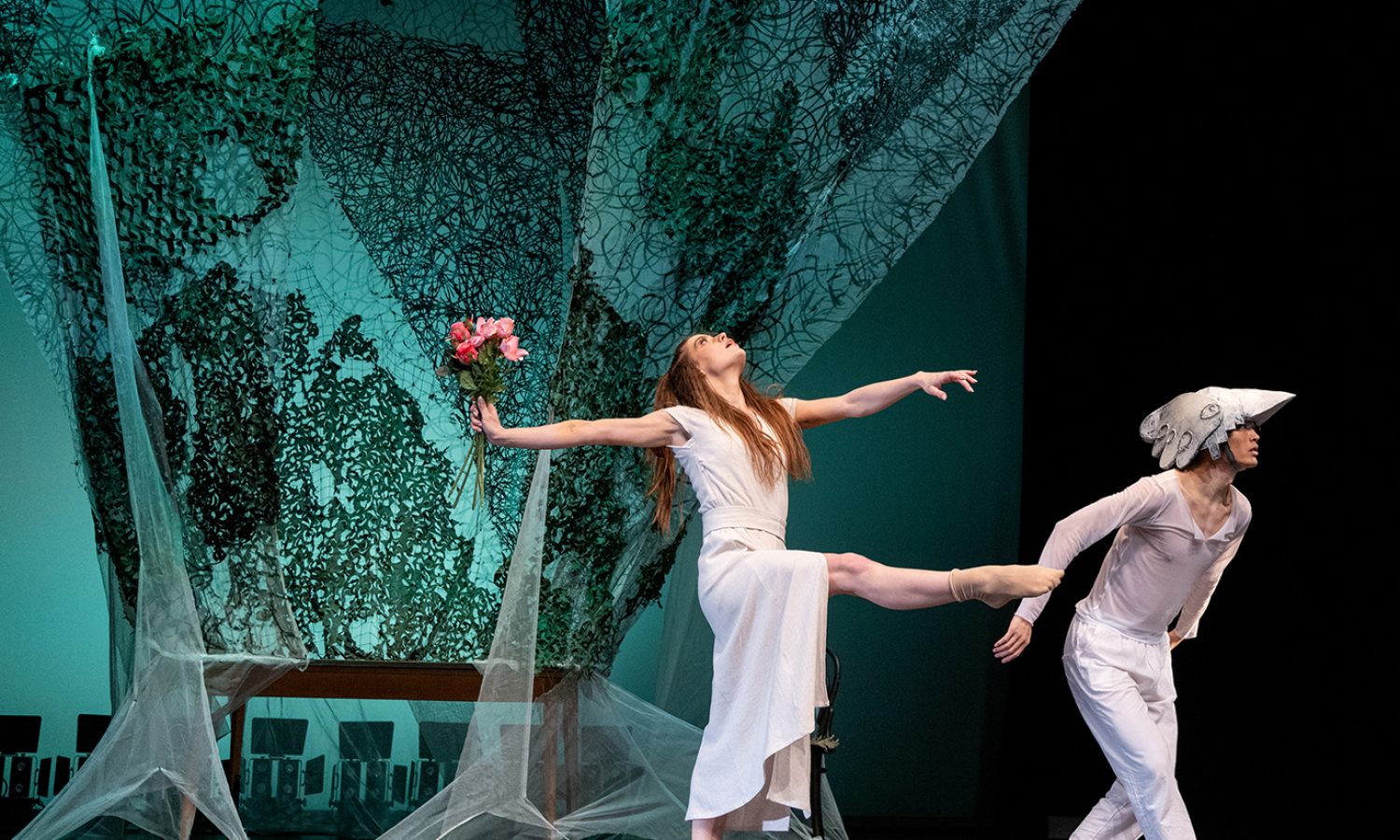
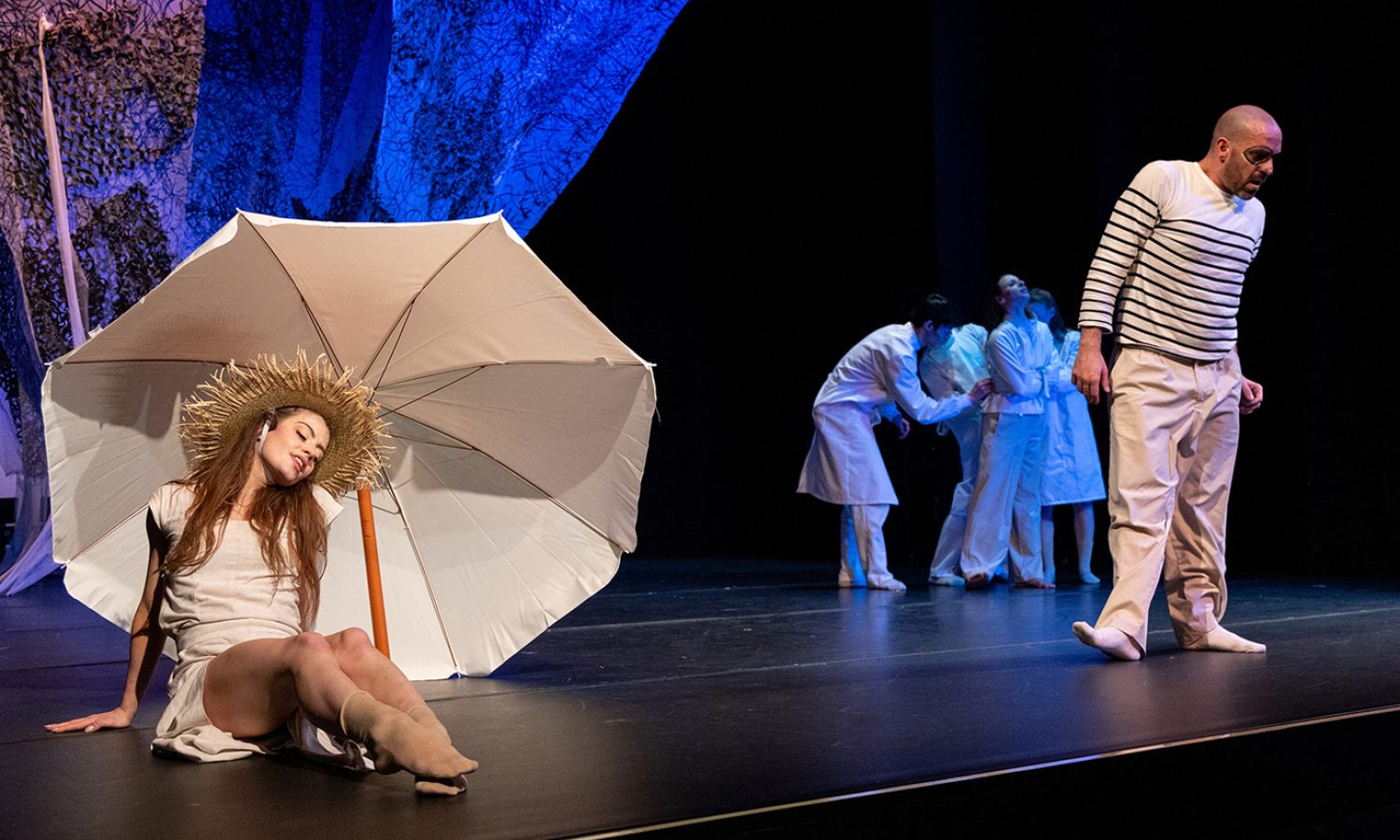
Love, Art and the Shadow of War
The play follows Picasso and Dora Maar through the cafés, studios, and gatherings of the Parisian avant-garde, where artists and poets lived as if time were infinite, even as fascism spread across Europe. Their relationship unfolds between admiration and imbalance: Dora, a renowned photographer, documents the creation of Guernica and encourages Picasso to begin the work that would become a symbol of resistance. Yet, as the painting grows, their love falters. Picasso, restless and uncontainable, seeks new conquests, while Dora pays the price of devotion. At its heart, the story is not only about two extraordinary artists but also about the struggle between creation and destruction, freedom and domination, love and suffering.
PICASSO – DORA MAAR,
DAS PFERD UND DER STIER
THEATER AN DER ROTT
Premiered on 13th January 2024
Theater an der Rott, Eggenfelden, Germanys
Duration 90 minutes
Choreography
Daniel Morales Pérez
Idea & Libretto Daniel Morales Pérez, Sebastian Kamm
Dramaturgy Sebastian Kamm
Set Design Mariangela Mazzeo
Sound Design Hodei Iriarte Kaperotxipi
Dancers Damián Cortés Alberti, Jiaji Cheng, Tura Gómez Coll, Katharina Mikstetter, Elías Morales Pérez, Alessia Aurora Rizz
Music Hodei Iriarte Kaperotxipi
Tanztheater
Six dancers bring this story to life through movement. The stage becomes a space where emotion and memory take form in the body: intimacy and conflict, tenderness and brutality, the light of inspiration and the shadow of despair. Between dance and theater, the work does not simply retell history, it lets us feel it, shifting between the private and the political with every gesture.
Dora Maar
Behind the myth of Picasso lies another truth: the silenced pain of the women around him. Dora Maar, a brilliant and independent artist in her own right, became both muse and victim, admired yet diminished, liberated yet trapped. Her story reveals a broader history of women whose voices were overshadowed by celebrated men. This piece acknowledges that hidden wound: by giving Dora a place on stage, it resists forgetting, and confronts the violence, emotional and structural, that accompanies this genius.
